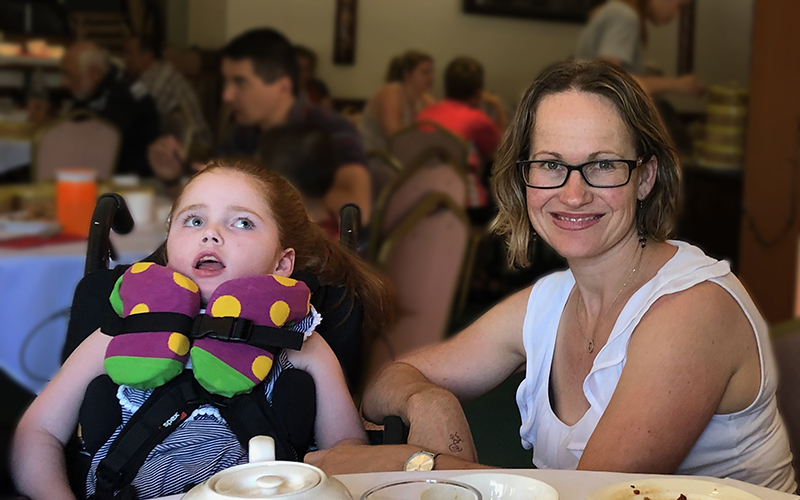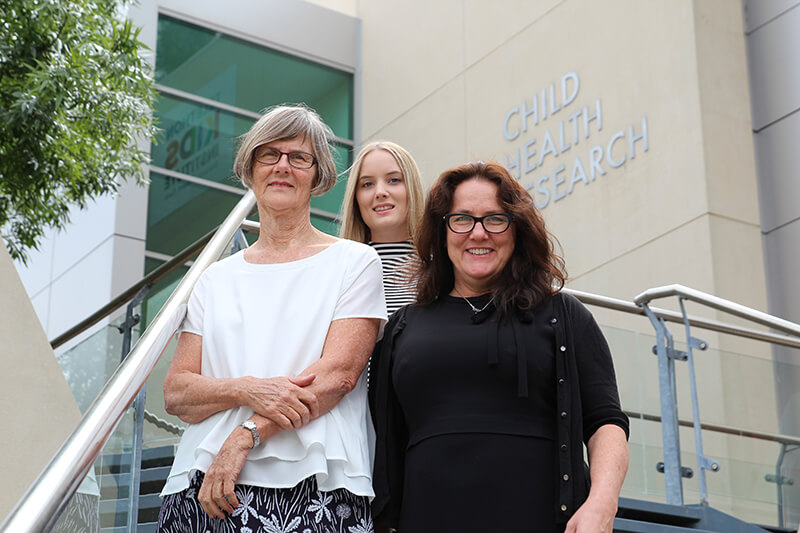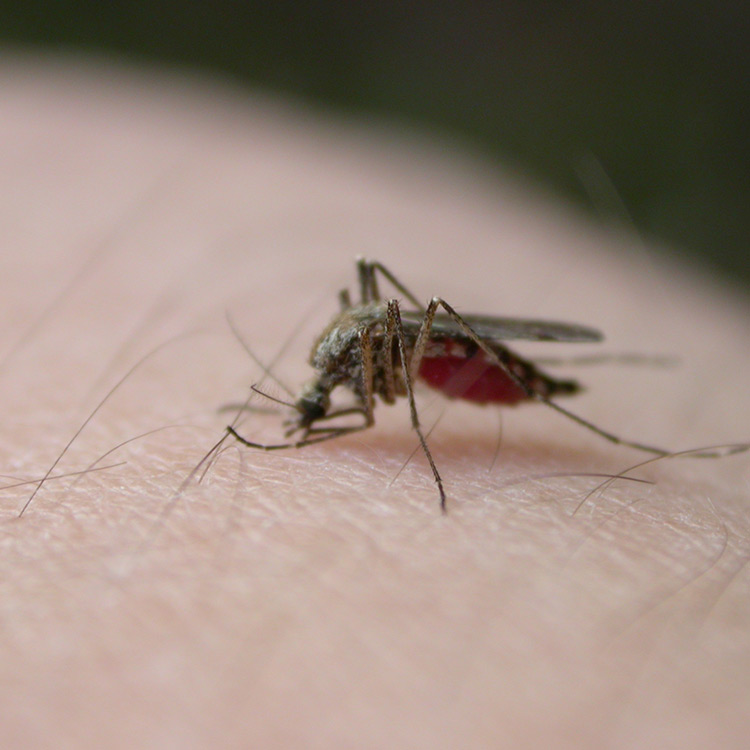Search

Children with intellectual disability who underwent gastrostomy – a feeding tube placed into the stomach – had better overall health and fewer hospitalisations for all causes except acute respiratory illnesses, research led by The Kids Research Institute Australia has found.

Nine out of ten incarcerated youth examined by The Kids researchers as part of a ground-breaking study had some form of neuro-disability.

WA Researchers have conducted an Australian-first study to determine the prevalence of microcephaly, in preparation of any future outbreak of the Zika virus.

A new study has found children with disabilities are 3 times more likely to be maltreated compared to other children but that risk varies by type of disability.
New research from the Telethon Institute has shown that children with an intellectual disability are up to 10x more likely to be admitted to hospital.
One of the many reasons for setting up the International CDKL5 Disorder Database was to learn more about this condition.
This study describes patterns of hospitalisations for children and young people with Down syndrome in Western Australia.
The transition from school to adulthood for young adults with an intellectual disability involves movement from a generally secure and supported school...
There is insufficient evidence to draw conclusions on the efficacy of modified diets, hyperbaric oxygen therapy, immune therapy, and vitamin and fatty acid...
Intellectual disability affects more than 1.5% of the population of children in developing countries yet we know little about the daily lives and support...
